Author's Page
Learn more about Micaiah Simon and get to know the person behind the posts you have read.
Micaiah Simon
Micaiah Simon is a Staff Reporter in the Thunderword and has been writing since winter of 2023. He has a keen interest in video games, music, anime, and politics. Outside of work, Micaiah’s hobbies range from making music and writing, to playing video games, and rollerskating. Micaiah hopes to one day become a lead writer in the entertainment industry.
Micaiah Simon's Recent Posts:
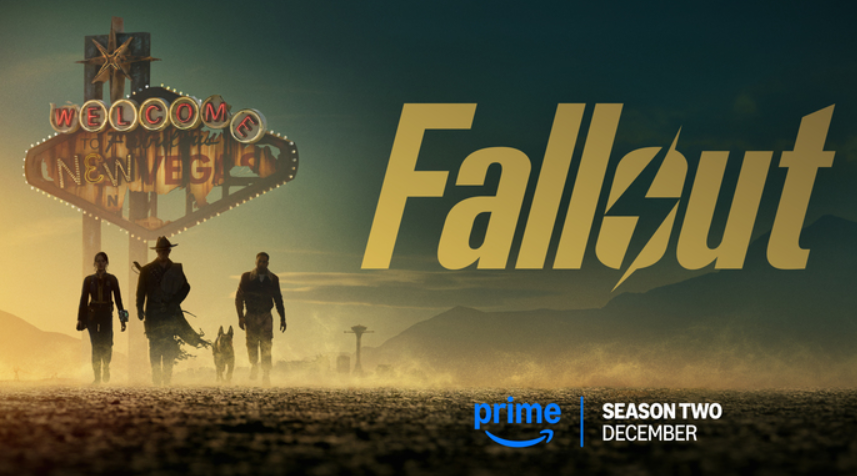
Two weeks from now, the second season of Amazon’s “Fallout” show drops its first episode. Releasing for streaming on Dec. 17, season 2 promises to be a fascinating and exciting romp through the ever popular New Vegas wasteland.
Unlike the previous season, the second season will be releasing one new episode every week until Feb. 8. With the returning main cast of Ella Purnell, Walton Goggins, Aaron Moten, and Moisés Arias alongside antagonist Kyle MacLachlan and guest star, Macaulay Culkin, season 2 looks even bigger and better than the last.
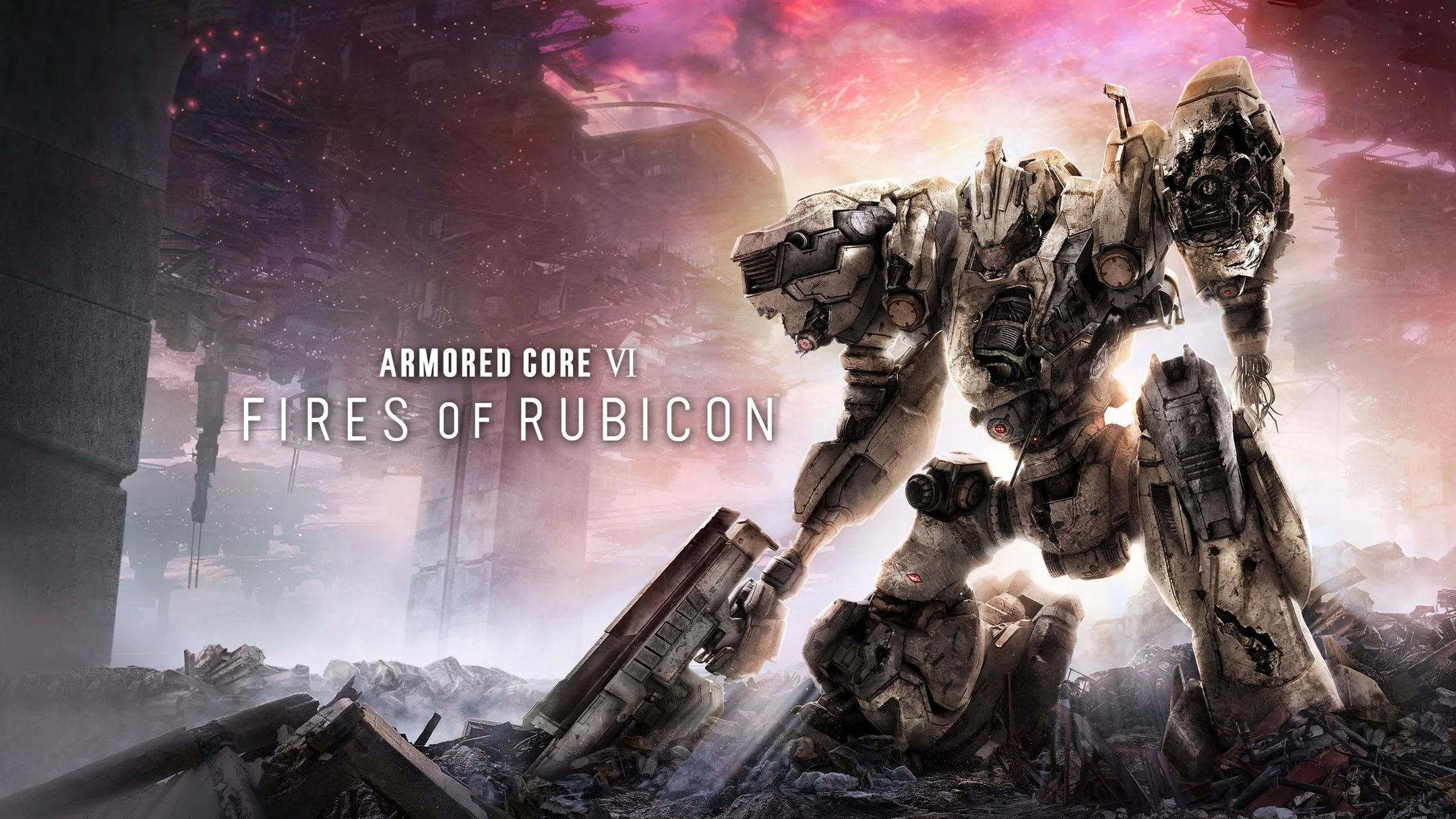
I’ve always been a fan of giant robot action. From “Transformers” and “Mobile Suit Gundam”, to “Pacific Rim” and “Titanfall”, mecha combat has had its grip on my heart. Earlier this year, “Mecha Break” joined the ranks, and now “Armored Core VI: Fires of Rubicon” has as well.
The game starts off with a sullen and tense mission to acquire a pilot’s license for you, 621, an augmented human piloting a mecha known as an AC, or Armored Core. Coming from offworld, you and your boss, Handler Walter, sneak onto the planet of Rubicon and loot the license from an AC wreck.

EA announced that it would be going private in a buyout deal with Saudi Arabia and Jared Kushner’s Affinity Partners investment firm back in late September. To all my fellow Bioware fans, this news has been a devastating blow. For the unfamiliar, Bioware is owned by EA, a video game publishing company from the US.
In brass tacks, Saudi Arabia now owns EA and by proxy, Bioware through a buyout deal that converted EA from a public company that works to keep its investor happy with an ever expanding income, to one that focuses on project sales alone. This sounds like a positive on its own, but these projects will be largely supervised by Saudi Arabia.
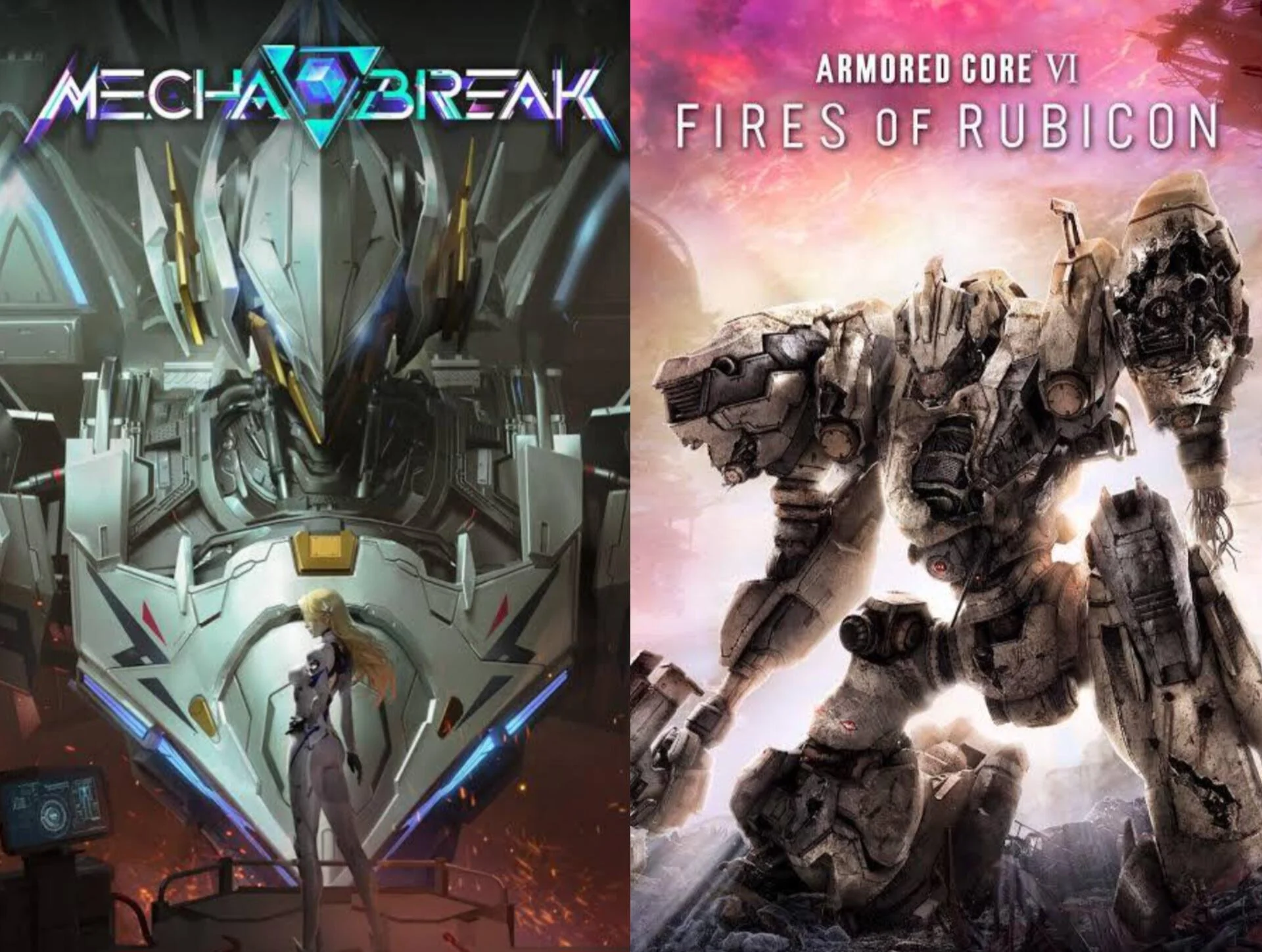
The last few years have been incredible for mecha and video game fans. First “Titanfall 2” made a huge comeback after years of near emptiness, then “Armored Core VI” released and revitalized the mecha combat genre once again. Then on July 2 of 2025, “Mecha Break” released and made its name known.
What is “Mecha Break” though? “Mecha Break” is an online multiplayer mecha combat game with a hero shooter twist. While “Armored Core VI” allows you to make your own unique mecha, “Mecha Break” takes more after its 2016 cousin, “Titanfall 2”, and has you choose from an assortment of machines with specific roles and abilities.
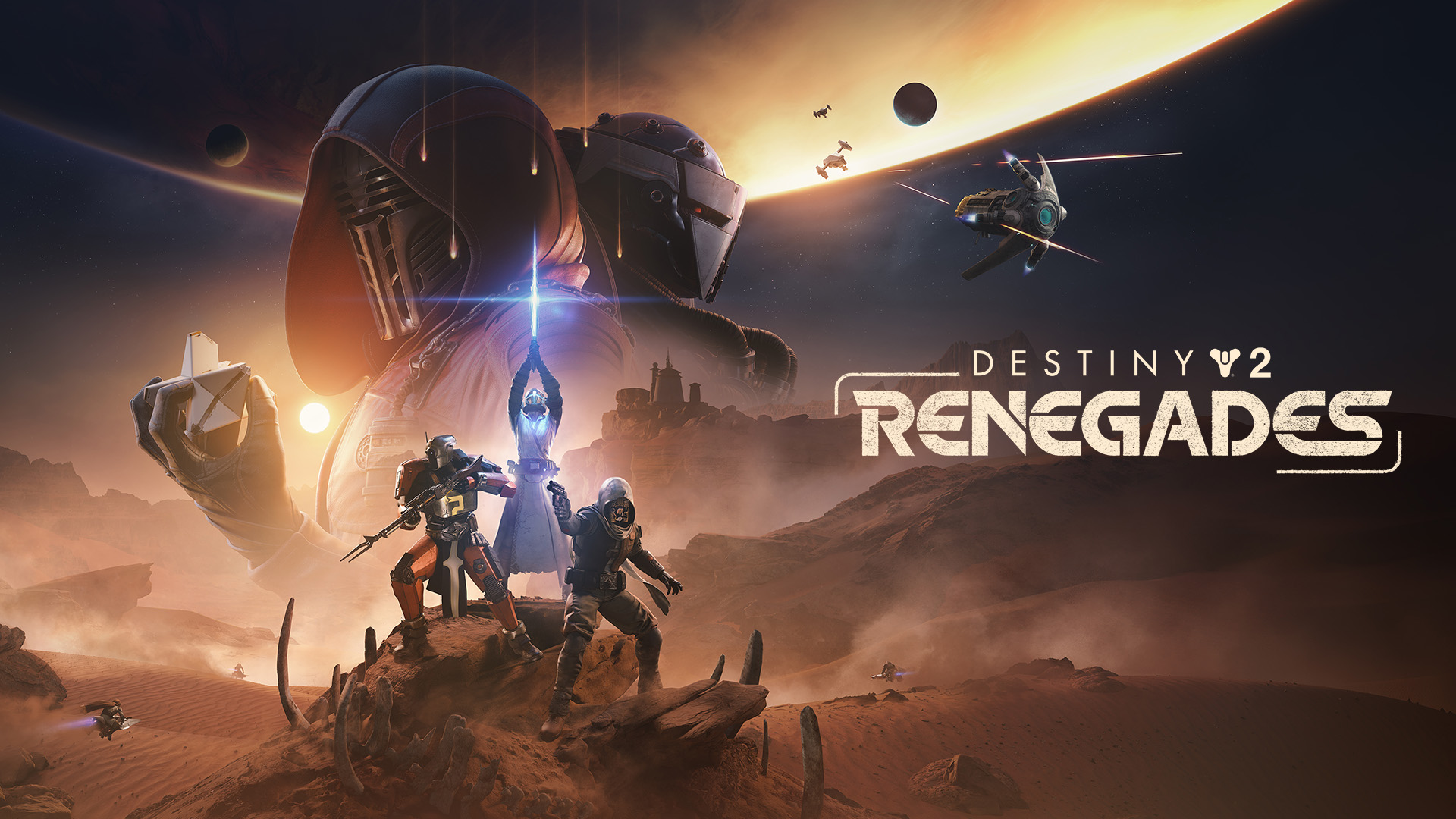
“Destiny” is a franchise I’ve been playing since the beginning. Enthralled by the amazing visuals, action packed gameplay, and outstanding abilities, I fell in love with “Destiny” and it quickly became one of my favorite games of all time. Then, “Destiny 2” came out and blew the first game away.
In the “Destiny” community, longtime players are called “veterans,” which isn’t surprising since it’s a shooter. I fit the bill, but the community gets so obsessed with the term that I stopped caring about it all together. Who cares how long you’ve played? I’ve met longtime players who were terrible teammates and had no clue what they were doing.
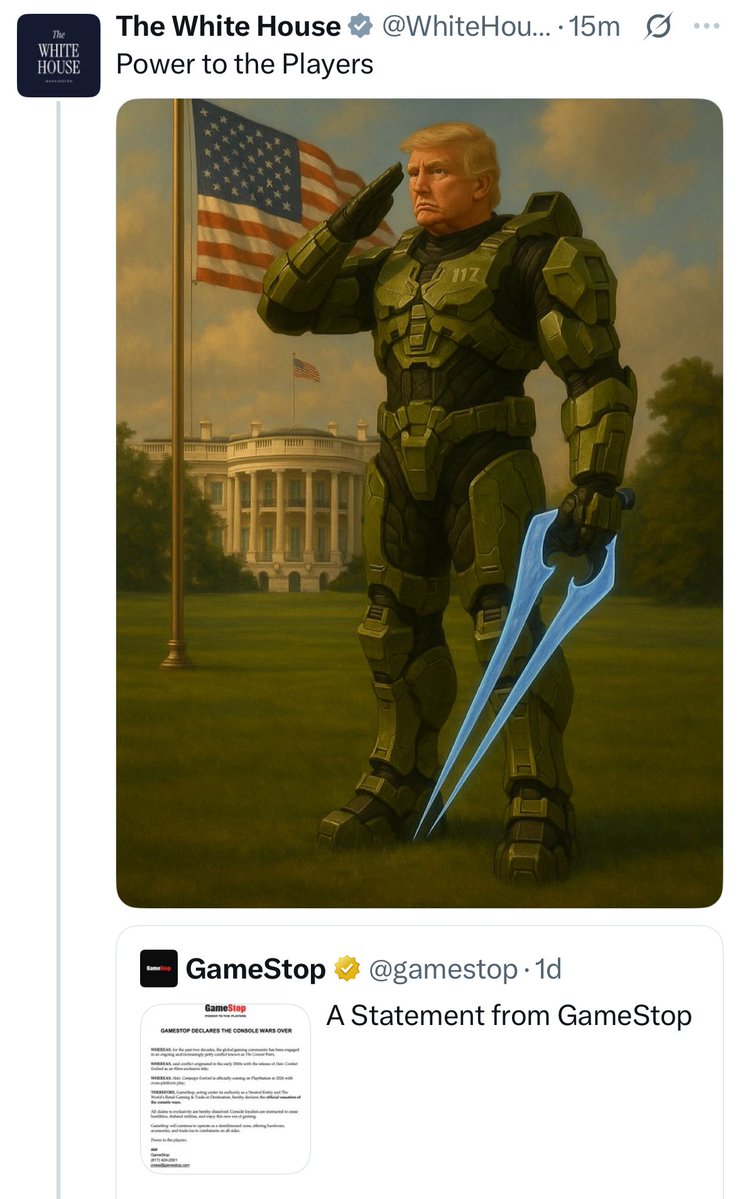
It’s only the first year of Trump’s second presidency, and it’s already proven to be an exhausting and brutal one. First the Trump administration impulsively renamed the Gulf of Mexico (only in the States at least), then they began sending the National Guard to attack “terrorist Antifa holdouts” in states considered highly left-leaning.
Now, the official White House twitter account is calling immigrants alien monsters. Yes, you read that right.
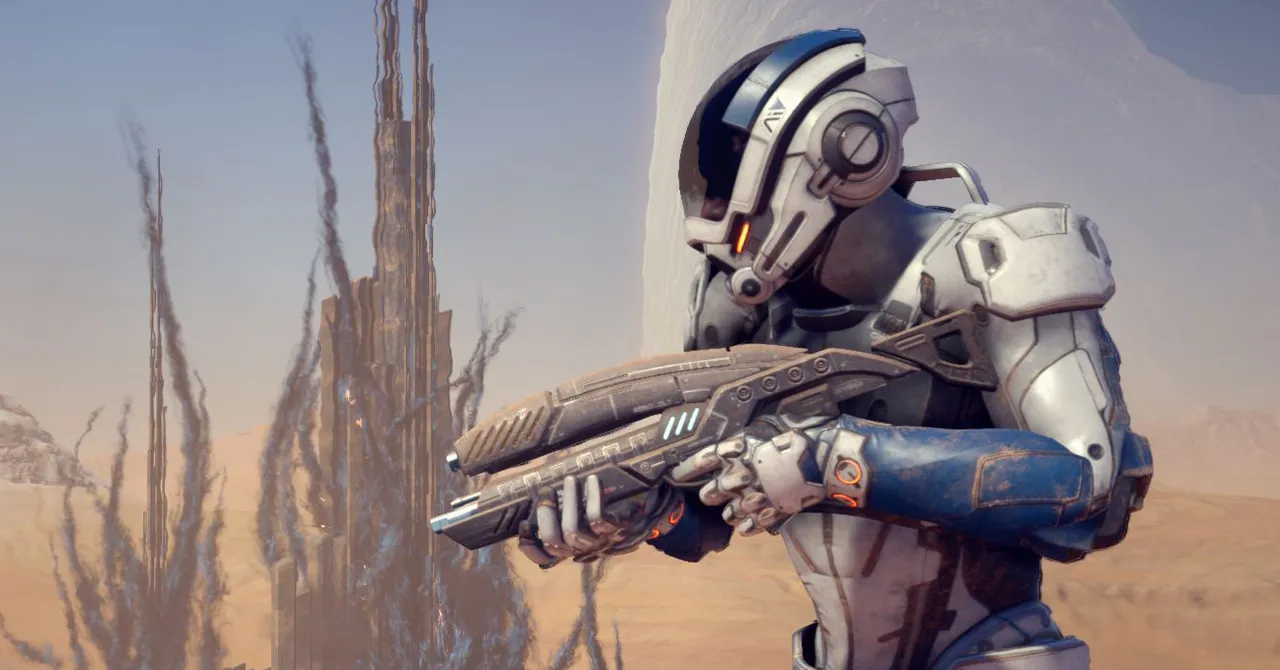
It’s been eight years since “Andromeda” was released and it’s time to give it a look back. “Mass Effect: Andromeda” is a sci-fi RPG developed by Bioware that was released in 2017. It is a spin off series that takes place 600 years after “Mass Effect 3” (though the characters started their journey after “Mass Effect 2”) in a different galaxy altogether.
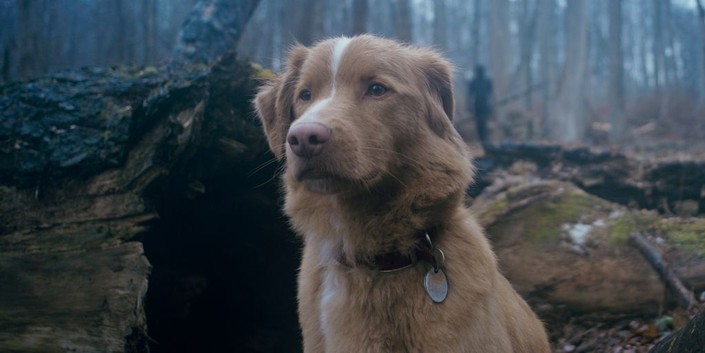
Honestly, I rarely give media five stars or a 10/10 rating as I always see how it could improve in one way or another. “Good Boy”, however, has earned all five stars and all ten points.
Not only does it soar with its concept, it sticks an impeccable landing and even does an impressive pose at the end. I absolutely recommend “Good Boy” to anyone who loves horror movies.

Did you know that 11% of adults have nyctophobia? For the unfamiliar, Nyctophobia is the fear of the dark, and it often begins at a young age for a variety of reasons.
For example, nyctophobia can stem from traumas associated with dark places, or it simply could come from environmental factors like family members that also fear the dark.

Once in a blue moon, an anime that changes up the formula and excels at it appears. This time around, it’s “The Witch and The Beast.” The anime focuses on the two main characters, Ashaf and Guideau, as they hunt down a legendary witch. To those who don’t want to be spoiled, don’t worry, this is a spoiler free review.
The show starts off strong with an action packed introduction that not only showcases the type of fight choreography the show employs, but also the inherent outlandishness of magic.
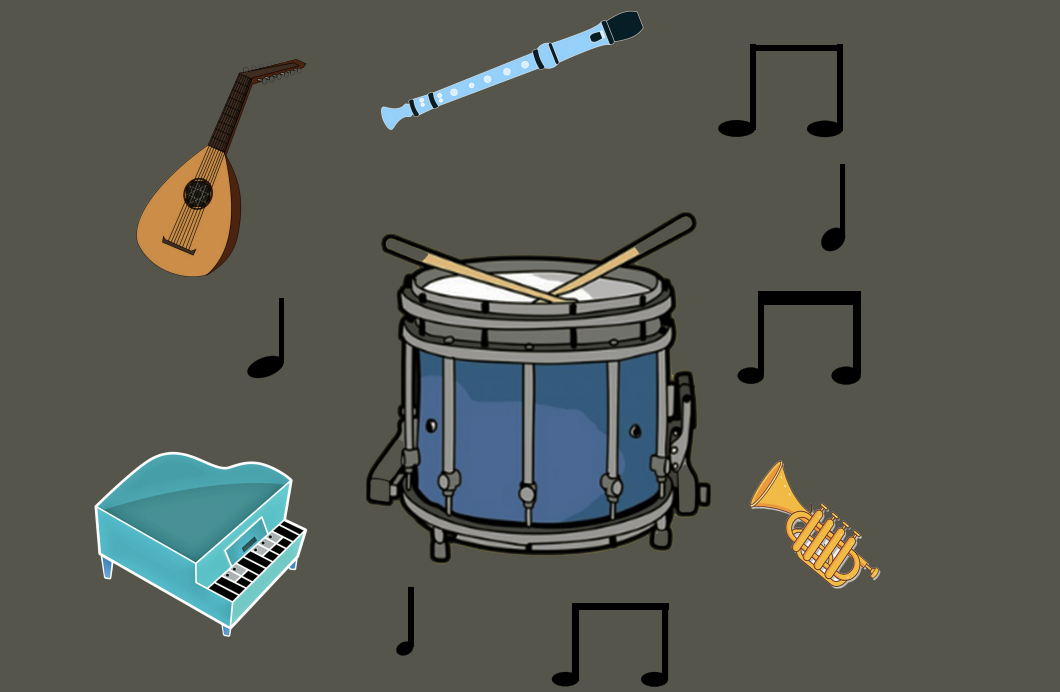
Music has been around almost as long as humanity has. Like fire, stone tools, art, and clothing, humanity created music early into its life cycle. From the beginning, percussive slams and melodic hums have entertained and evolved to what they are now. Back then, music was made to celebrate. How has it changed since?
Well for one, cavemen didn’t have stereos and surround sound. More importantly, now music has lyricism and writing attached. Whether it’s upbeat pop or grungy rock, most every song has lyrics that convey a message and speak to the listener.

Last month, Starbucks announced they would be steadily closing stores nationwide. The given reason is the chain has had a profit downturn for about six quarters, and as a result, the company is trying to cut down on stores that aren’t making as much money as the other stores whilst laying off over 900 employees.
The Starbucks store closures are part of a bigger plan to restructure Starbucks as a whole, starting with some unpopular changes like the required doodles on every Starbucks drink, and bathrooms that are locked for non-paying customers.

Transformers is a series that resides in the childhood memories of many of us. The memories may be hazy, but from the first introduction to the giant shapeshifting robots in the original 1984 cartoon, every other day I would watch episodes of the classic cartoon. Love for this series has persevered to this day.
Then one day at seven years old, I stumbled upon a VHS tape (yes I grew up with VHS) of the 1986 movie. Yeah that was a mistake, though it’s one I don’t regret. After seeing fan favorite Transformers die brutally or already dead with no fanfare, realization set in that even the seemingly invincible giant robots could die.

The last thing you would expect from a franchise based around giant robots is thought-provoking and graciously portrayed queer relationships, yet here we are. Officially starting in 1984 as an animated cartoon, the Transformers is an incredible franchise with something for everyone.
From the scores of toys for the collectors, kids, and stop motion enthusiasts, to the array of shows, movies, and comics for fans of the lore and characters, Transformers has it all. This is further exemplified by the amount of care and attention put into the many facets of Transformers sexuality.

Jeffery Epstein. I don’t think it’s an exaggeration to say that name is known worldwide for infamous reasons. Epstein’s crimes run deep and they are horrific, to put it mildly. I will spare the details as they’re honestly depressing, but I won’t be holding back on my criticism either. Jeffery Epstein was a prolific criminal and committed outright disgusting and heinous acts.
After his indictment, Epstein went to prison and supposedly died by suicide. Regardless of whether that’s true or not, Epstein’s death caused a major commotion. With the man dead, no amount of interrogation could get the truth out of him. A dead man tells no tales after all. However, word of the “Epstein files” spread like a wildfire, and Trump was caught in the middle.

Everyone’s heard of “Helldivers” right? If you haven’t, here’s an explanation: “Helldivers” is a game series following super soldiers (the namesake of the game) that defend Super Earth from evil aliens and murderous machines.
At least, that’s what the game jokes about it being. In reality, the truth is more complicated than that.

Highline’s 57th Arcturus launch party was an incredibly talented showing. Students from diverse backgrounds shared their amazing stories, poems, videos, music, and more.
The Arcturus is a student-led editorial magazine that puts together submissions from students on and off campus into one artful magazine. This student art exhibition celebrated its 57th edition in 2025. Of course it wasn’t an easy experience for those who submitted.
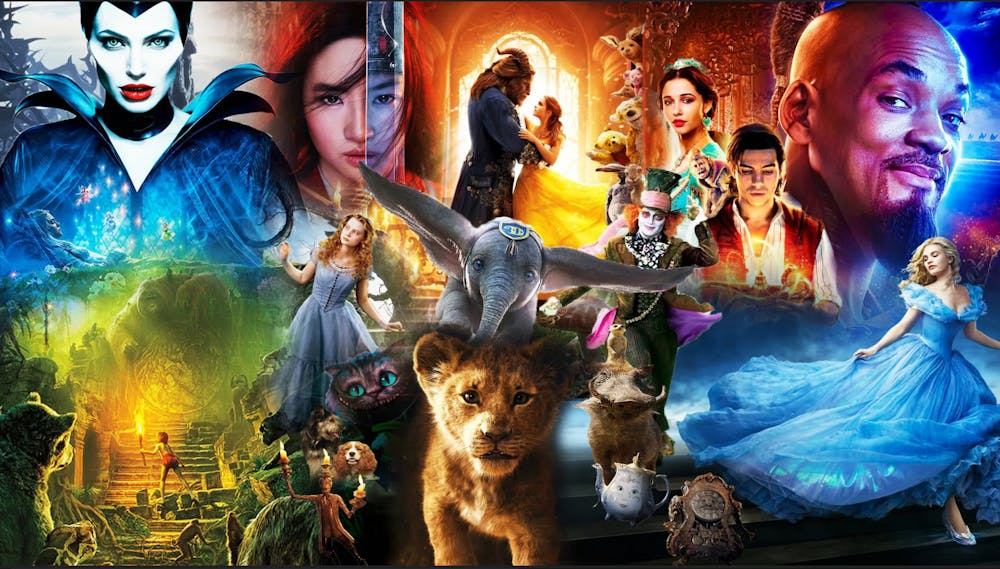
Everyone’s felt nostalgia before. It’s a natural human feeling that we can’t control, and why would you? What’s wrong with feeling nostalgic over a beloved event from the past? Nothing really, but what if we’re not actually nostalgic? What if it’s just being forced on through subtle messaging and branding?
There’s no reason to act like this is a strange possibility, it’s an objective truth that nostalgia is being used to advertise products. The problem is it’s being used so often that it loops around to just being exhausting. There are so many beloved series and franchises that have been remade over and over so many times that fans fear when their favorite will be done next.
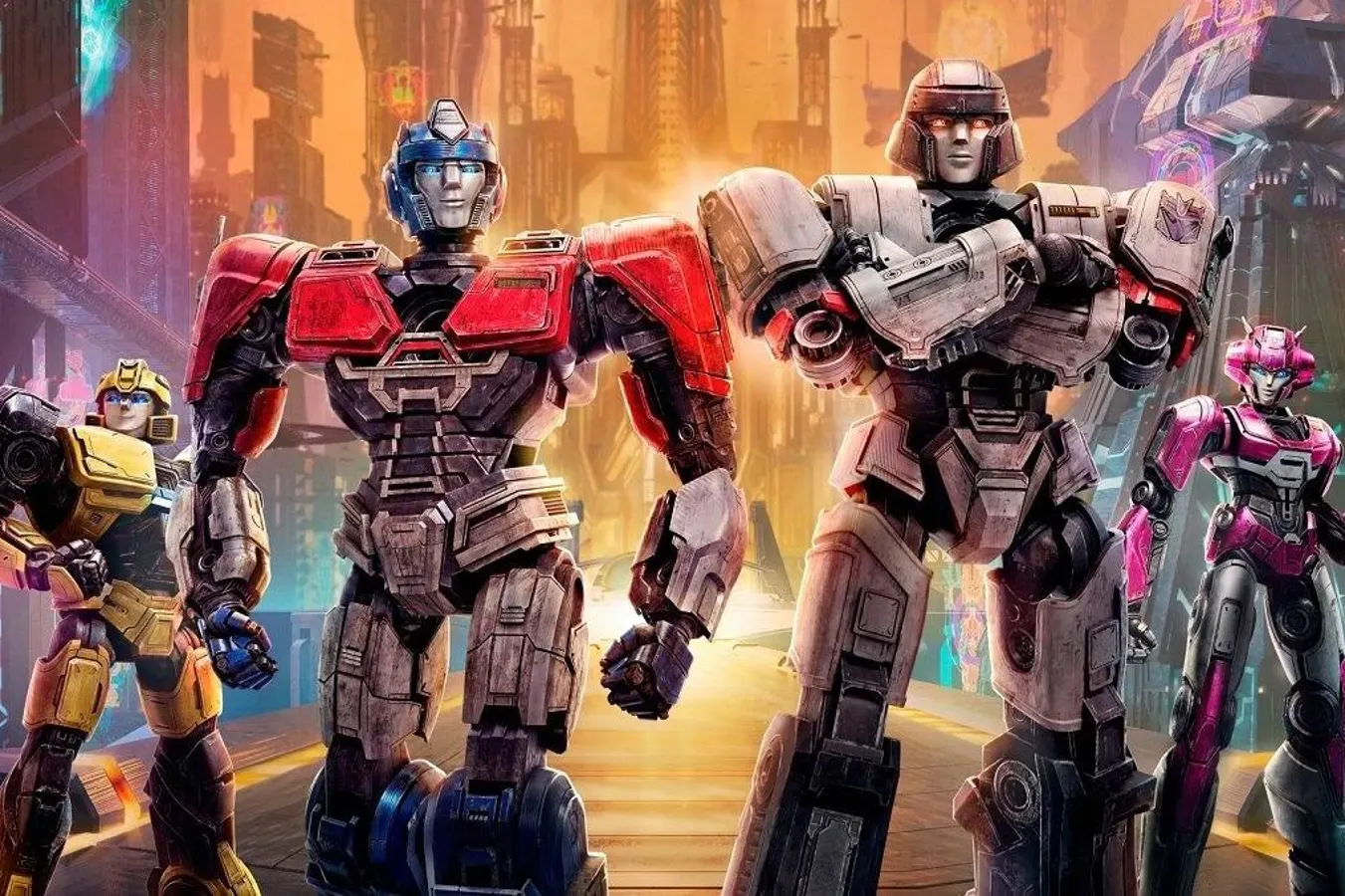
“Transformers” has always been a special series. Unlike other ’80s action series centered on selling toys, “Transformers” has managed to successfully stay relevant in mainstream media in a consistent manner. While “He-Man”, “Thundercats”, and “GI JOE” have jumped in and then disappeared, “Transformers” simply never left.
Of course, Hasbro’s darling and mainstay money maker hasn’t been without struggle. After the original series finished, it looked like “Transformers” would be forgotten. Then “Beast Wars” came. Since then, “Transformers” has grown to a mainstay of pop culture. After all, there’s nothing cooler than giant robots.
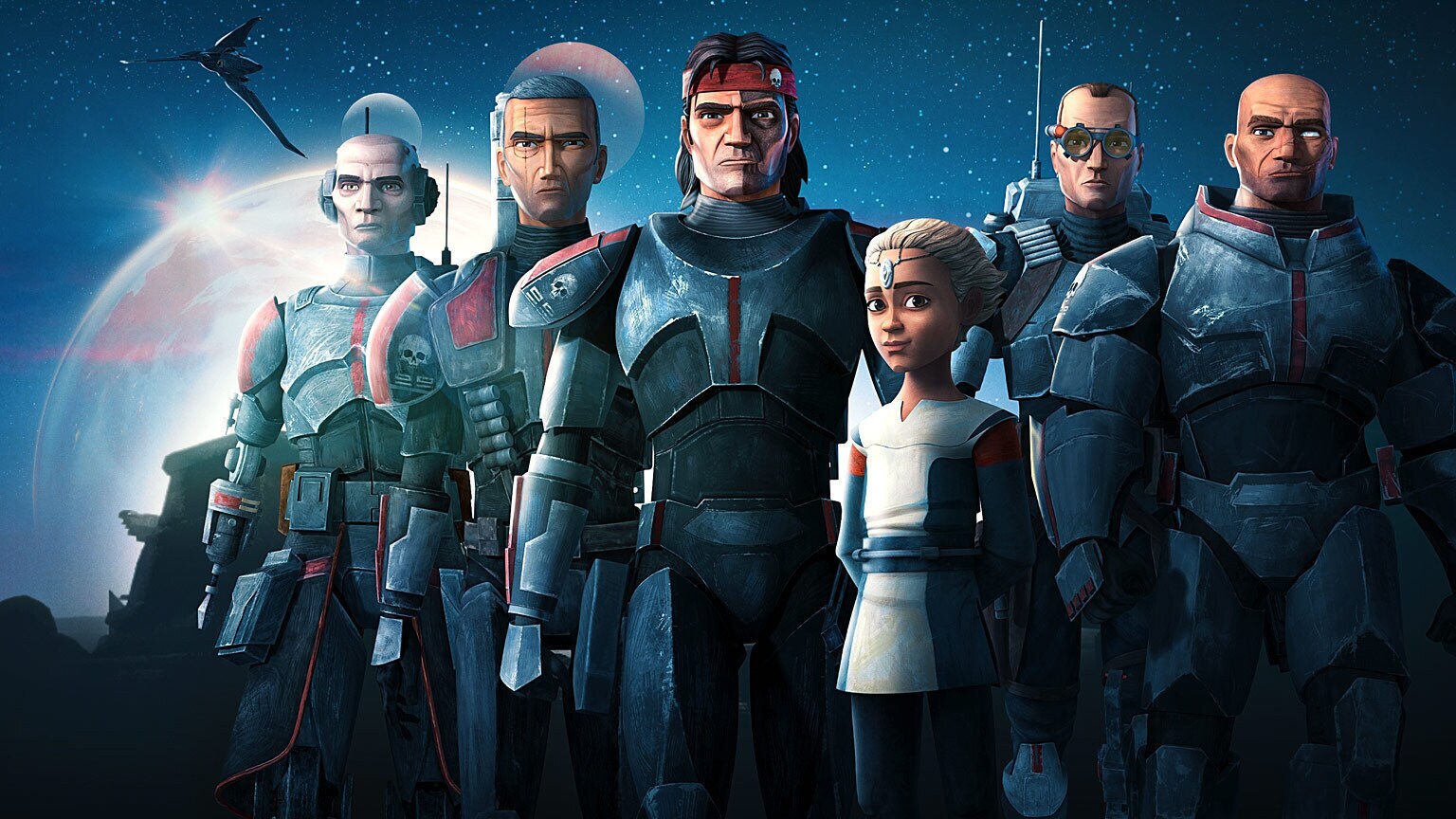
“Bad Batch” finished its final season last year on this very day. After the previous season’s strong and impactful finale, a lot of hype and intrigue was riding on the conclusion to the series. Did it pay off? Let’s find out.
***Be warned, this is not a spoiler free review.***
In the first episode, the “Bad Batch” starts on a somber note due to the tragic finale of season two. After the heartbreaking loss of Tech, one of the original members of the Bad Batch, and Omega’s capture, the surviving team members go home and lick their wounds.
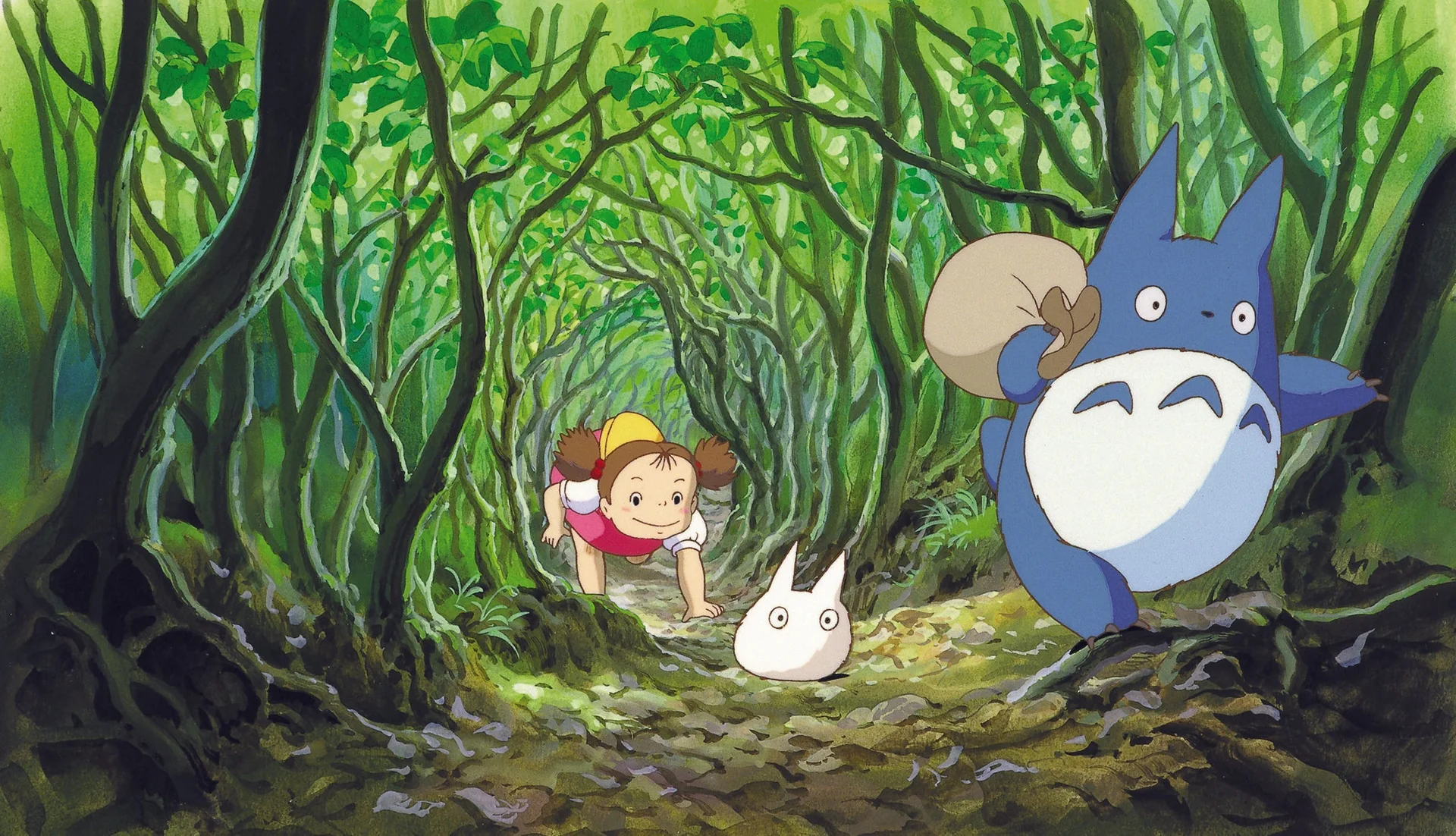
Once again, AI has intruded on the great works of the artists it shamelessly steals from. Regardless of AI’s usefulness in important fields like medicine, cybersecurity, etc., taking someone’s art and mass producing it is insulting.
It would be one thing if AI was merely a prompt generator to inspire artists and it sourced images ethically, but it doesn’t. It scours the internet and hijacks art from unsuspecting artists. It’s integral to mention AI is not to blame for this situation, the users and creators are at fault.
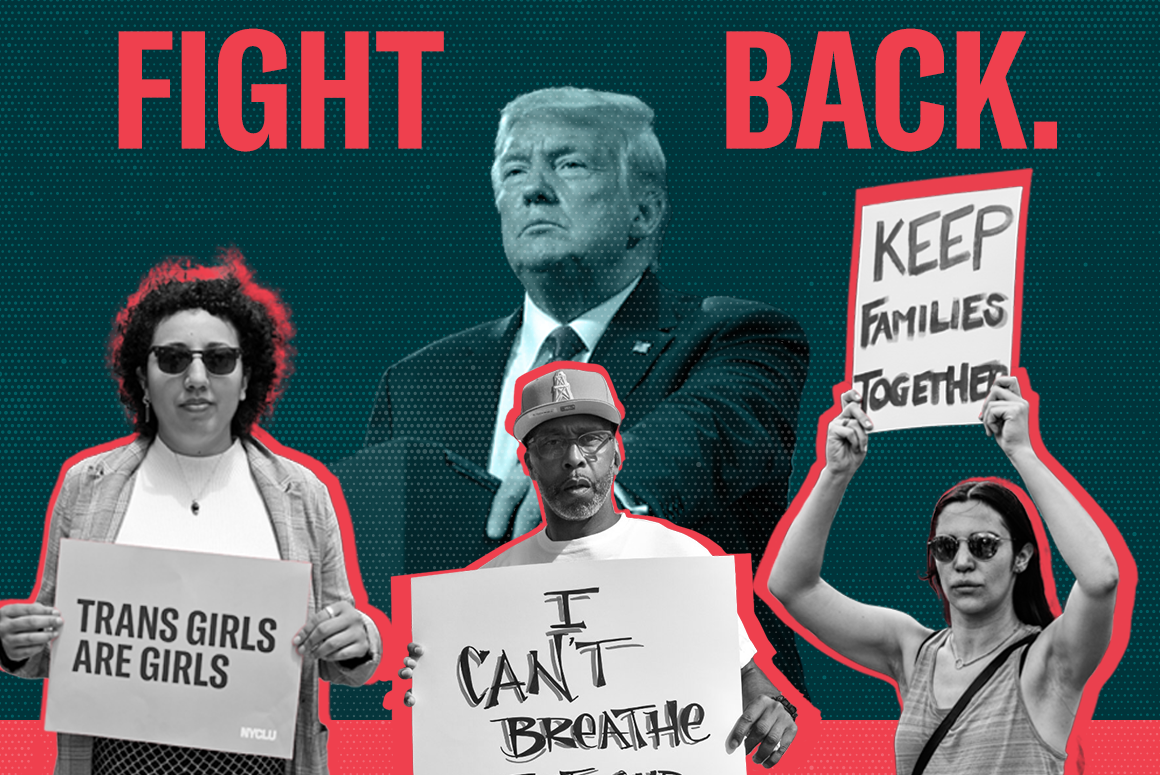
Another day, another fascist administration in office. It’s only April, and it feels like we’re halfway through the year already.
The outlandish claims and power plays have begun in force, and people are already losing track of what’s going on. Pay attention though, that’s a tactic from the “How to Be a Fascist For Dummies” playbook.
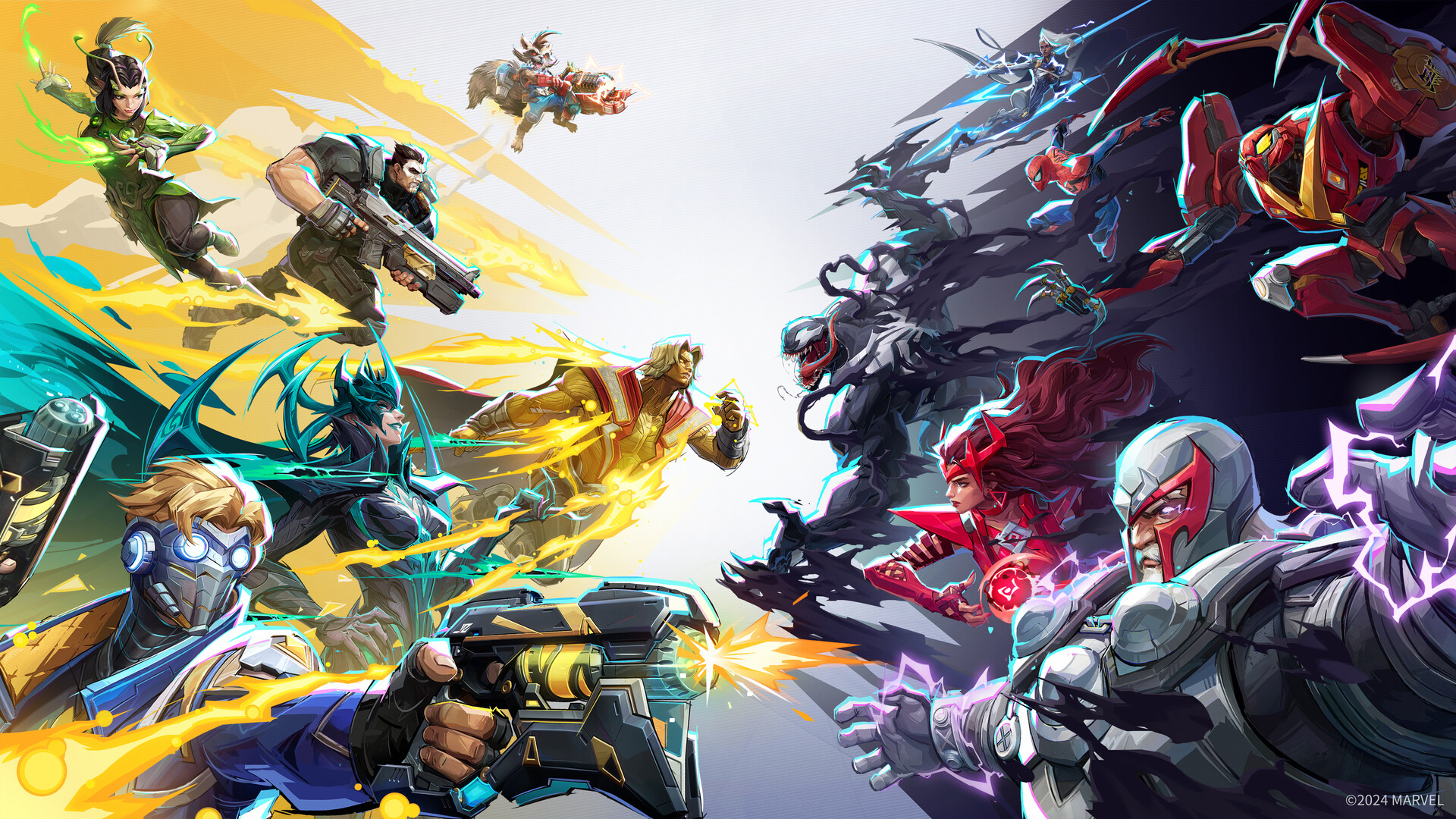
Who here is playing “Marvel Rivals”? I imagine quite a few people have tried out the newest Marvel game. For those who have no idea what I’m talking about, “Marvel Rivals” is a hero shooter created by Chinese game studio, NetEase Games in collaboration with Marvel.
The game was released on Dec. 6, 2024 and immediately became a smash hit. The premise of the game is simple. Team up with five other players to capture and either push or defend the objective, and make sure the enemy team can’t do the same. If you want success, creating the perfect team is integral, but how?
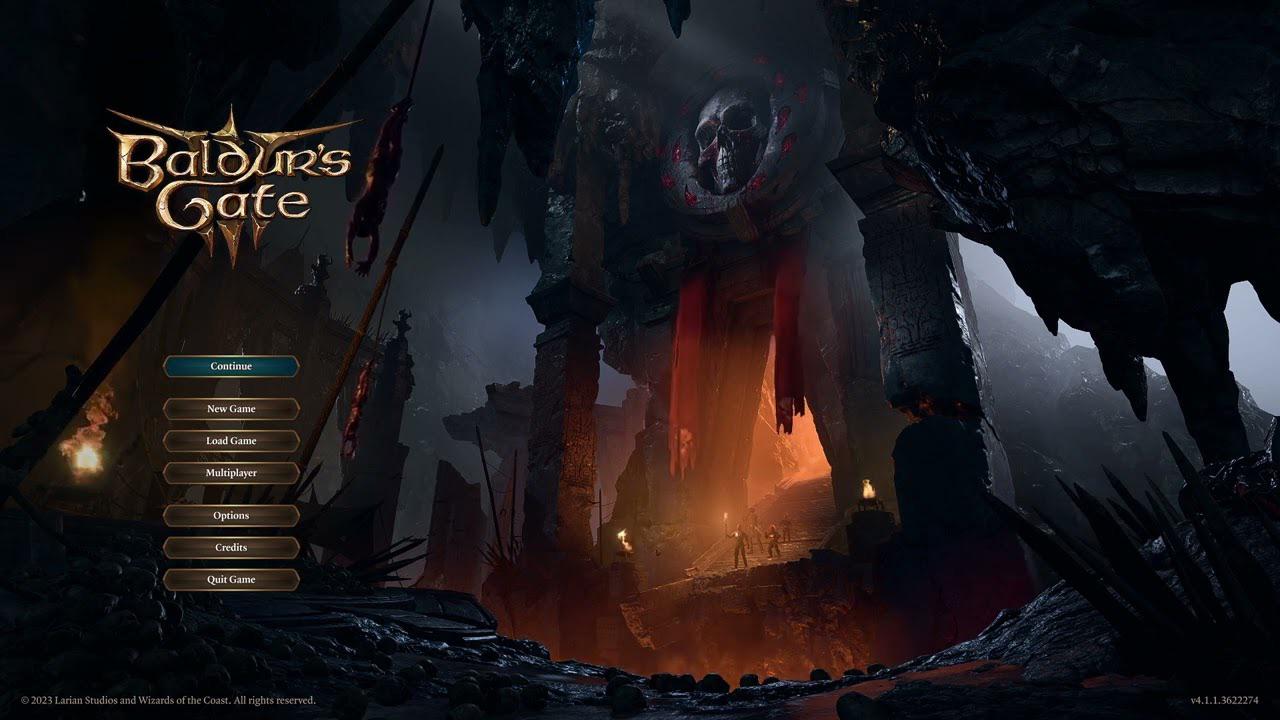
It’s been a year and some change since “Baldur’s Gate 3” released, and despite it being a single player RPG from a smaller game studio, it continues to get consistently major updates that add a breath of fresh air to the game.
This isn’t a rare occurrence of course, there are quite a few games that do this as well. However they aren’t as common as the games that add battlepasses and seasons. Take “Call of Duty” and “Halo: Infinite”, both of which have microtransactions and seasons throughout their games.
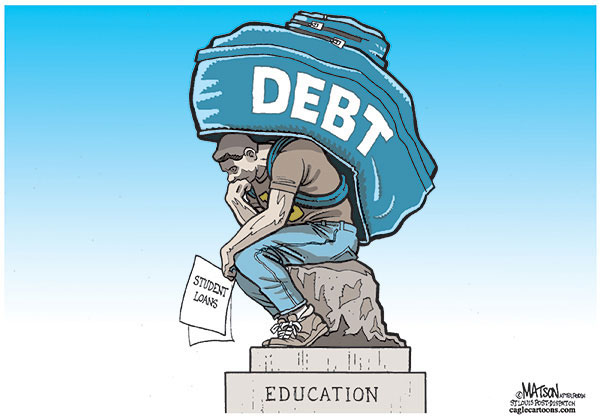
It’s not a controversial statement, but most college students aren’t particularly wealthy. After all, college, like most things, isn’t cheap. Now it can be argued up and down that college should be federally or state funded, but that’s its own beast. This would be a smaller issue if things weren’t so overpriced.
Has anyone noticed that everything around us is competing for the world record of most overpriced goods or services ever? Someone contact Guinness World Records, we need a new plaque, stat. In all seriousness, there are some ridiculous price tags out there right now.
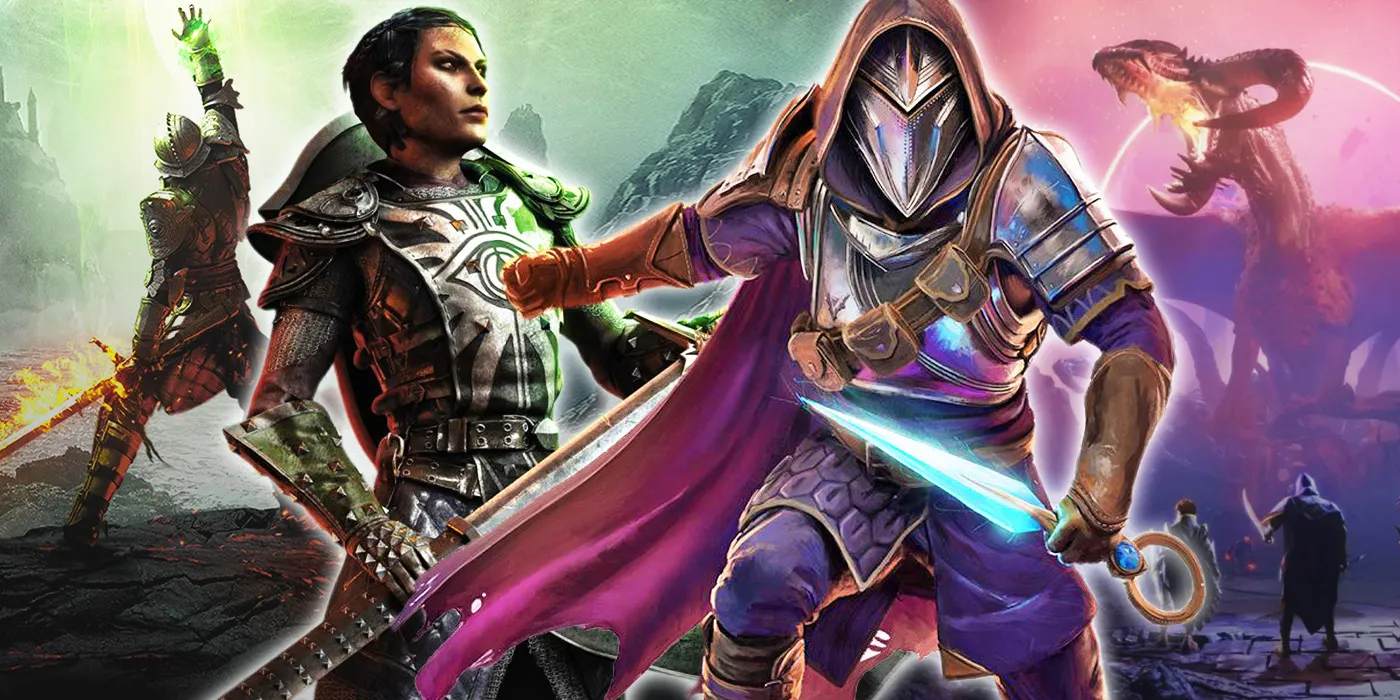
“Dragon Age” is one of the premier fantasy RPGs of all time. Its cultural influence isn’t as large as “Final Fantasy” or the “Elder Scrolls”, but it’s one of the greats. Starting with the humble “Dragon Age: Origins” that was released in 2009, “Dragon Age” has cemented itself as a cornerstone of fantasy media.
“Veilguard” is a new stab at the “Dragon Age” universe that attempts to change the player’s perspective. Instead of being this well established character with a lengthy backstory that you either take part in or barely remember due to its lack of relevance, you have one defining event that sets up your connection to the main story.

Once again, Trump is in office and he’s already begun with his insane decisions that leave many of us sane people confused. One such change is the attempt to buy and claim Greenland as an American territory. Yes, you read that right.
Another claim he’s made, and this is one his cabinet of sycophants has been defending fiercely despite its ridiculousness, is that the Gulf of Mexico should be named the “Gulf of America”. An interesting claim, despite the fact that the US doesn’t even solely own the body of water.

With all the commotion that came from the Biden administration’s efforts toward student loan forgiveness, a certain question has to be answered: Why do we pay for college? Well, for starters, we pay because it’s not free like public schooling. Primary schools are free because they’re funded by taxes and the state (technically).
Theoretically, you do pay for primary school, just not directly. There’s a basic education fund for every student, then schools can also ask for grants for specific programs, like Drama Club. Then, of course, there are levies, which are like grants, but they’re paid for by the communities around the school.

“Spiritfarer” is one game that pops up every few years seemingly unnoticed due to its arguably niche concept.
However, the game’s core message and tragically beautiful story is so well done, that it’s disappointing how few people know of it. That is where this article comes in.

Animation is a long and storied medium of art with a fanbase that grows ever larger. From the legendary “Chowder” and the “Marvelous Misadventures of Flapjack”, to the newer yet already beloved “Owl House” and “Amphibia”, animation has touched the hearts of many. So why do they get so little respect?
Unfortunately, executives see animation as one thing only, cartoons made for kids.

At its core, Gundam is a grounded anti-war drama meant to showcase the horrid truths behind warfare. Civilians die tragically, characters lose people they care about left and right, all because the leaders of Zeon are obsessed with destroying Earth so they can be the premier superpower.
Gundam is a famous series that began in 1979 that follows a young boy named Amuro Ray. Thrust into a war beyond his comprehension, 15 year old Amuro is forced to fight to survive after his home is attacked by a nation of space colonists known as Zeon. Yes, you saw that right. The main character is only 15, and he’s not even the youngest protagonist in Gundam history.
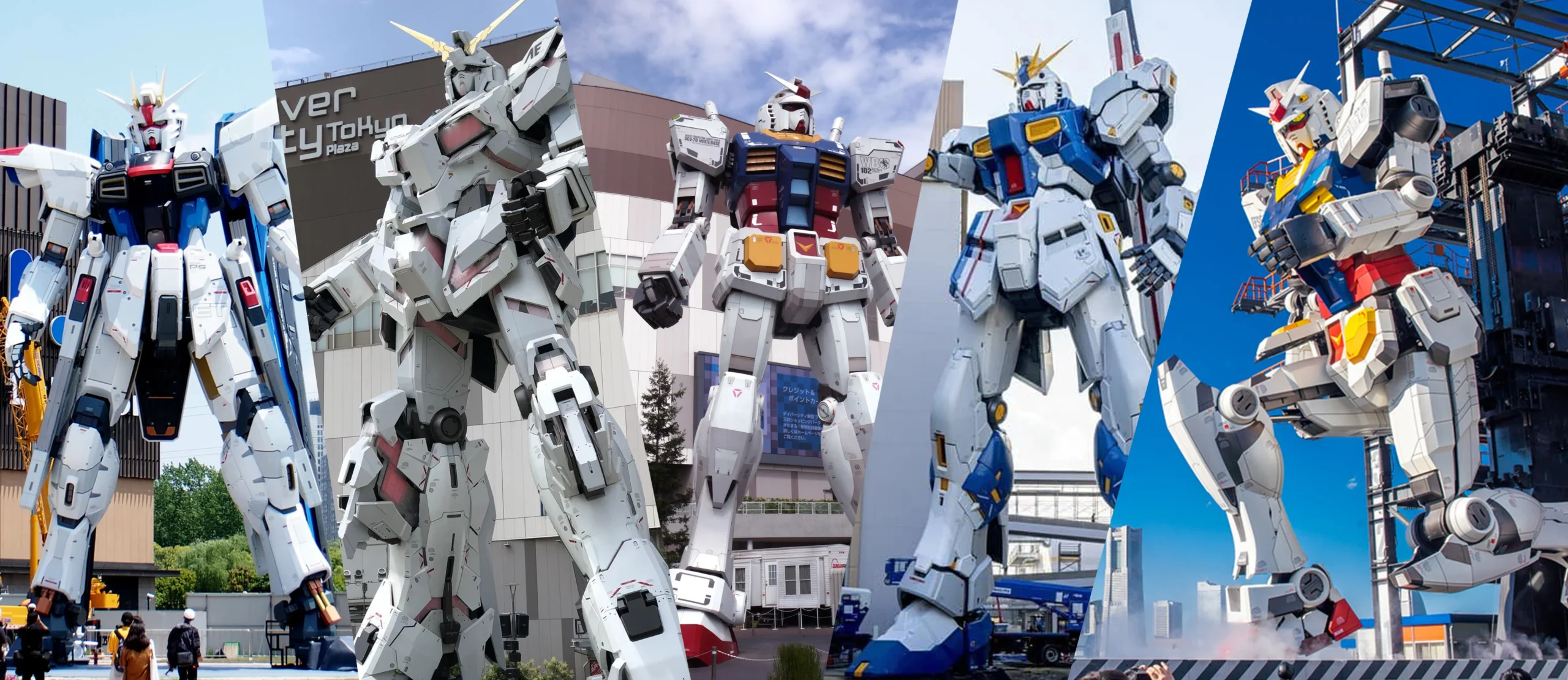
Most people have heard of Gundam at least once. It’s a powerhouse that rivals franchises like Star Wars and Halo in terms of popularity. After all, you can’t say it hasn’t had an effect when size accurate statues exist in not just Japan, but China as well. Gundam is a long running series with a legacy that seems intimidating, but it’s surprisingly easy to get into.
Created by screenwriter and novelist Yoshiyuki Tomino in 1979, the first Gundam series, “Mobile Suit Gundam”, is a tragic war drama set far in the future known as the Universal Century.
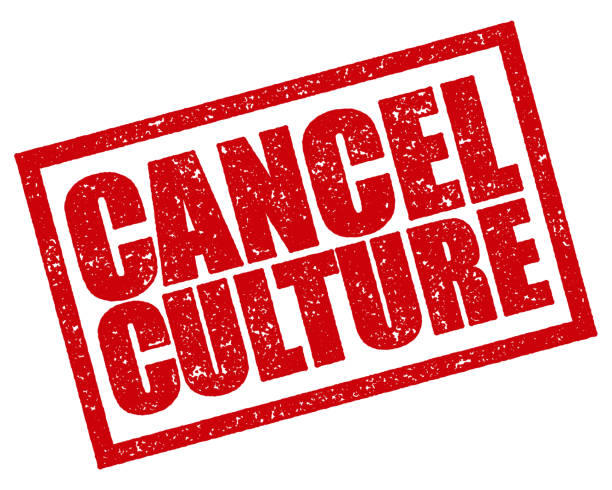
TV has been around so long that it’s old enough to be a millennial’s grandparent, yet it still remains the subject of such divisive topics like racism, misogyny, and classism.
Of course movies and shows of all kinds willingly delve into those topics, so it’s no surprise that they attract all sorts of opinions.
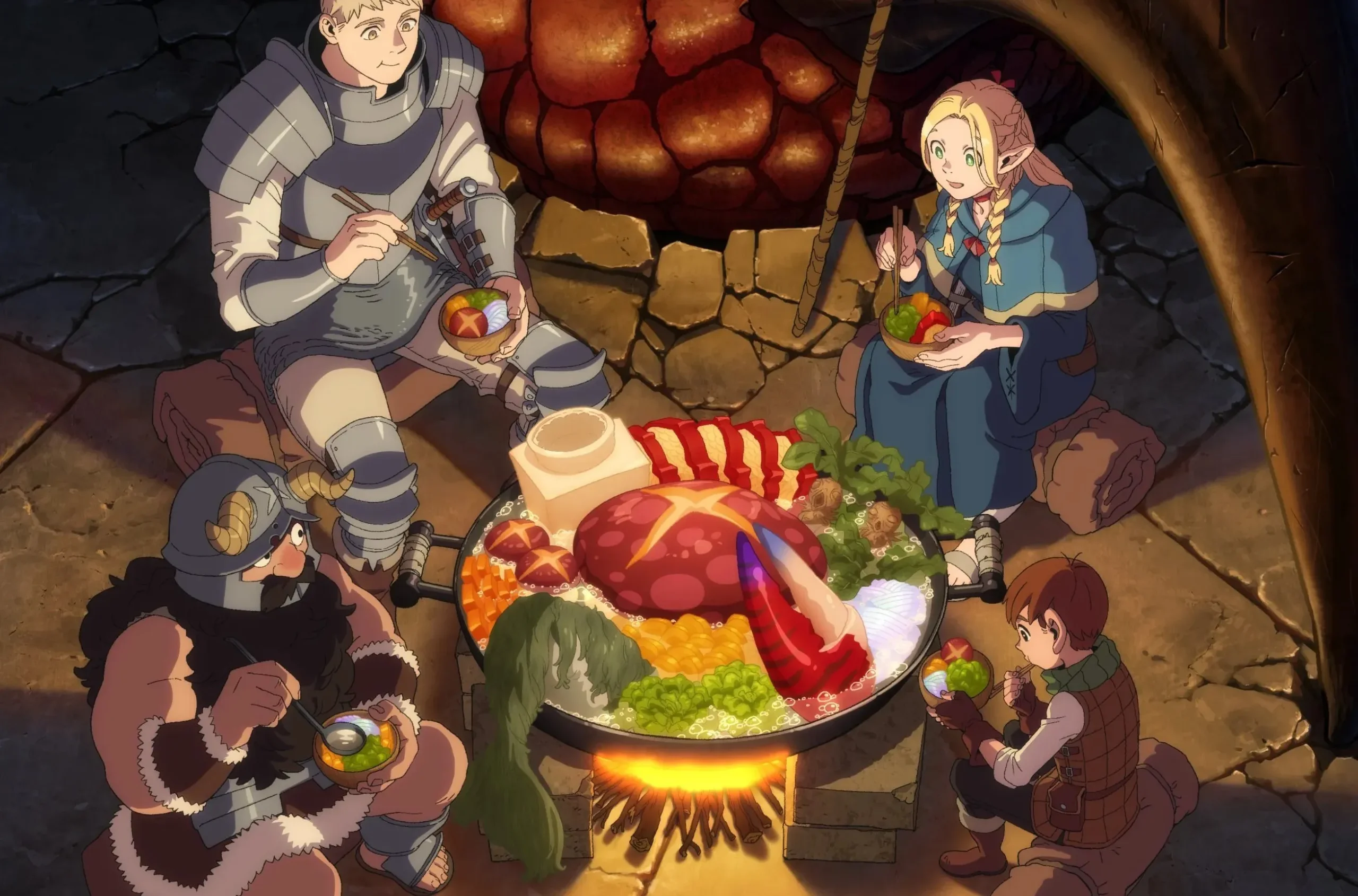
What seemed like a simple anime about adventure, and the many ways to prepare food, turned out to be so much more.
For those of you who have never heard of Dungeon Meshi, or Delicious In Dungeon, it’s a manga and anime about a group of curious adventurers traveling through a dangerous dungeon, whilst battling monsters and hunger. At least, that’s the spoiler free version.
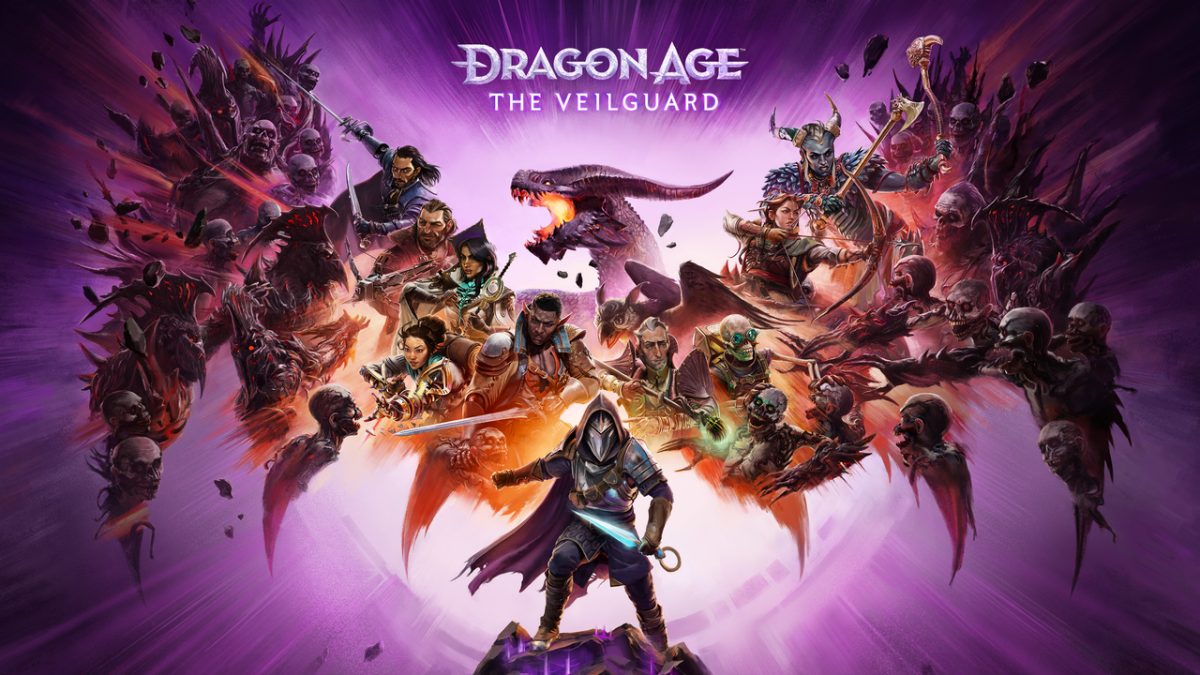
With “Dragon Age Veilguard’s” release a few days ago, the gaming community has been quite hostile. After nearly a decade, the game is finally out, but it hasn’t completely lived up to the hype. This is fine, as expectations were ridiculously high. What’s most important is that it has been well received. Despite the doom and gloom mindsets prerelease, “Dragon Age” made it.
You would think that this would be cause for celebration, but the gaming community is anything but positive about anything anymore. All the life in the community is being sucked out by “grifters” who continue to find new ways to complain about positive representations of people of color, and LGBTQ+ people.
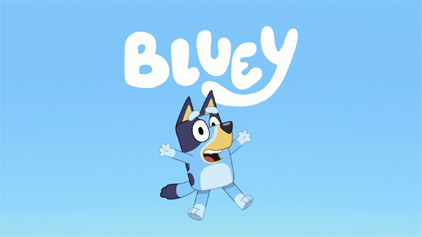
Cartoons are a wonderful genre of art that can teach valuable lessons while keeping viewers entertained, but what happens when they lack depth or morals to learn from? Kids cartoons have always walked a fine line of being educational and fun, and sometimes they fail. This isn’t the end of the world as there’s nothing wrong with mindless fun, but there should be moderation.
This has led to discourse for years over whether or not kids should watch cartoons that are often mindless and prone to visual overload. Still, these are sometimes dismissed as nostalgia-blind arguments complaining about the new generations’ toys. While this is true sometimes, there is still legitimate concern over newer cartoons.

In this day and age, electronics are everywhere, and most of them are portable. We’re at a time when even our video game consoles can surf the internet with ease. It’s incredible, but it’s also overwhelming and sometimes dangerous, especially in the hands of kids.
One such danger is content farms. For the uninitiated, a content farm is a channel dedicated to mass-producing low-effort content to force engagement numbers. While content farms are terrible, they’re not the main focus of this article.

If you’ve been on YouTube for longer than ten seconds, you probably know what content farming is. For those unfamiliar, however, content farming is the practice of generating as much content as possible to force engagement and increase viewership. For example, a YouTuber uploading shorts every few hours for days on end.
Content farming is the latest fad for greedy “content creators” to garner more views to get money.
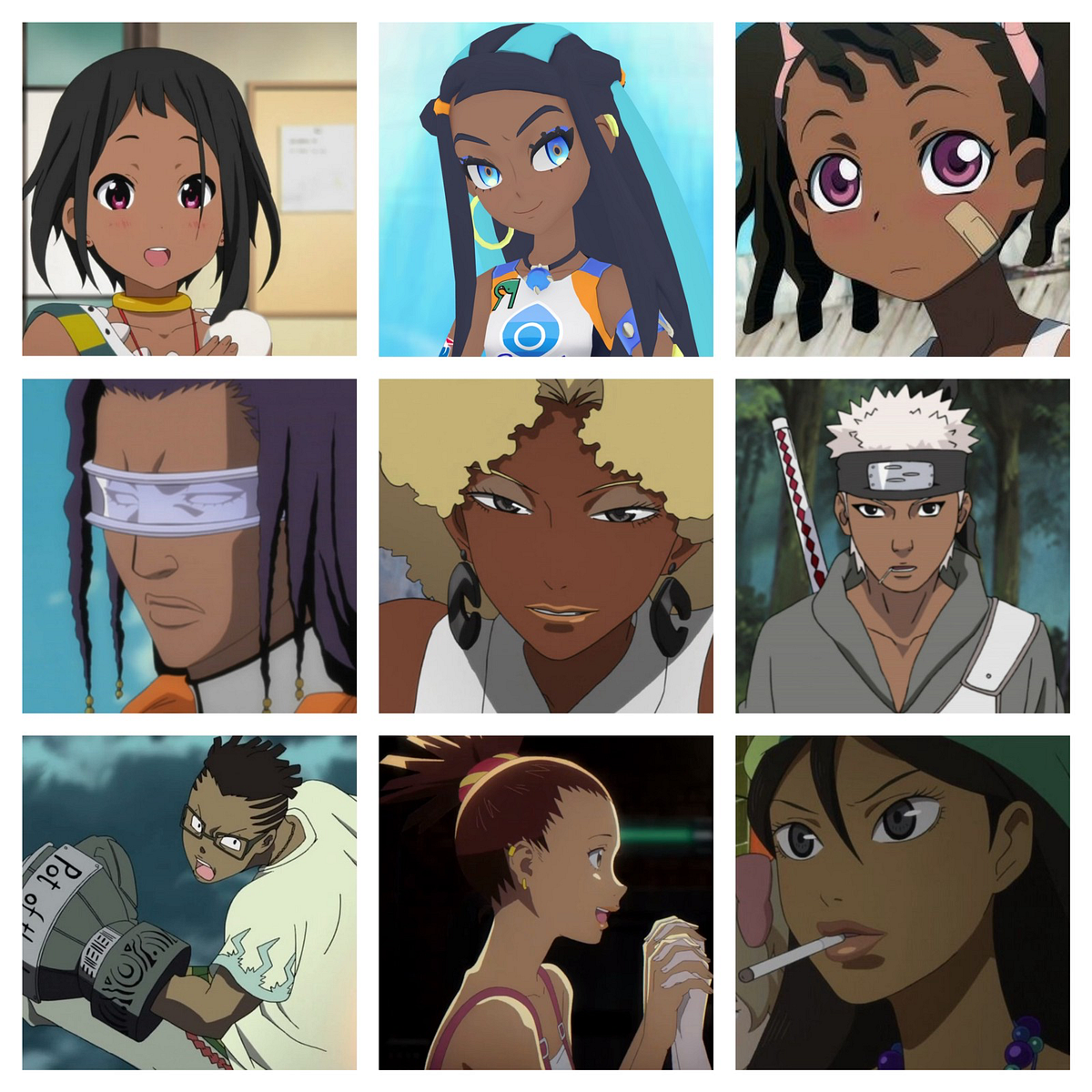
Despite the fantastical nature of anime, there’s a noticeable lack of both POC (people of color), and/or people who belong to the LGBTQ+ community. Even with its popularity overseas, anime largely remains exclusive to anyone who doesn’t fit a certain mold.
While anime has instances of darker-skinned characters, they’re fewer in number compared to their lighter counterparts and are almost always Japanese. While dark-skinned Japanese representation is great, it’s only one type of representation.

Per the headline: taking the bus kind of sucks. Well, to be more accurate, using public transportation in Washington is awful. It’s inconsistent, it’s way less organized than in places like New York or Washington D.C. for example, and it can even be confusing. Missing a bus always sucks, but here it’s quite unforgiving.
“This first time I used public transit when visiting Seattle, I got lost and had to call my sister-in-law while she was at work so she could walk me through how to get to her apartment,” said an anonymous Highline student about their experience.
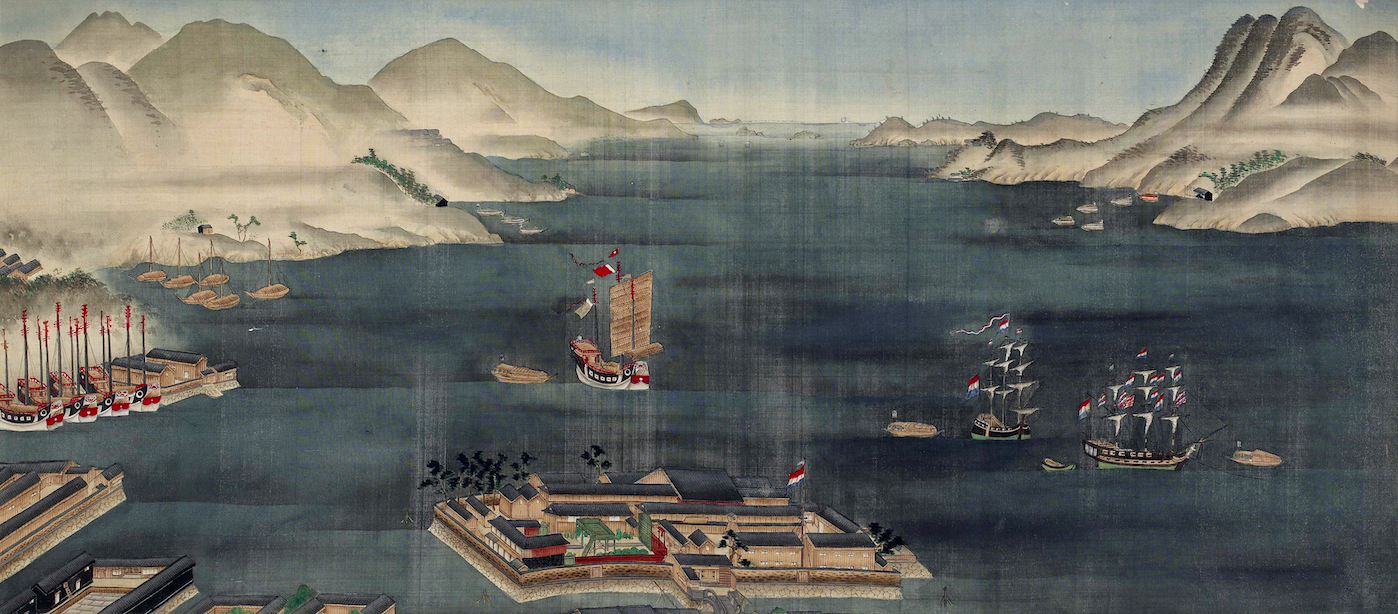
Although Japan has been open to the world for centuries, closing itself off from the world for nearly 215 years (a period known as Sakoku), has its long-lasting consequences, particularly in Japan’s entertainment industry. Said consequences have seeped into almost every aspect of Japanese culture in one way or another.
Unfortunately, like other countries in their “medieval” periods, Japan turned women into a commodity of sorts, something to be bought and sold. It isn’t easy to undo the centuries of cultural and mental damage such practices brought to the nation. Despite this, there are people out there demanding change.

It’s that time of year again! So begins another fall quarter, and with it, an array of new experiences. While excitement is in the air, it’s accompanied by all sorts of fears. There are so many new people joining Highline at this time of year and that means change. Change is great, but it can be scary. If you have doubts, what should you do?
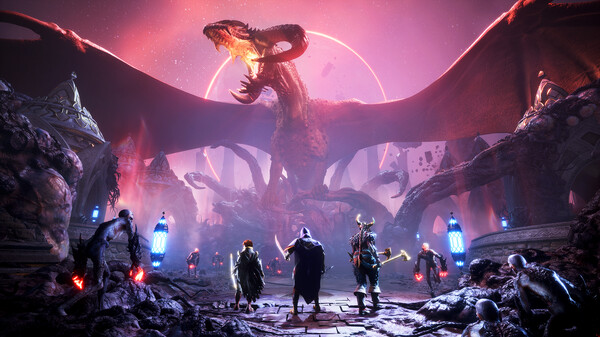
Dragon Age is a strange game franchise. It’s wonderful, but it can be labeled ‘inconsistent’ as so many things have changed about it over the years.
The first in the series, “Dragon Age Origins” (DAO), was an edgy dark fantasy from 2009, complete with overt violence and horrifying social injustices that are handled kind of recklessly.

Mehak Kaur is a hard working Running Start senior that has devoted significant time and effort toward achieving her goals, and those efforts are finally paying off.
Starting her journey in the fall of 2022, Kaur is a first generation college student who’s taken up the admirable goal of expanding her education.
Born and raised here in evergreen Washington state, Kaur has been working toward her goals since her days in middle school. Though she had to take on math that was beyond her grade level, she rose to the challenge and passed with top marks.

Coming soon to a heater near you: Trailers that either tell you the entire plot of the movie or absolutely nothing at all. No doubt this is a familiar sentiment that has only grown in the last few years. At some point, trailers took a nosedive in quality, and now all we have left are trailers that spoil everything about a movie or series, or ones that are beyond vague.
Think back to the last trailer that gave you an idea of what the movie was about without showcasing all the twists and turns and ruining what makes them so impactful before you even see the thing it’s advertising.
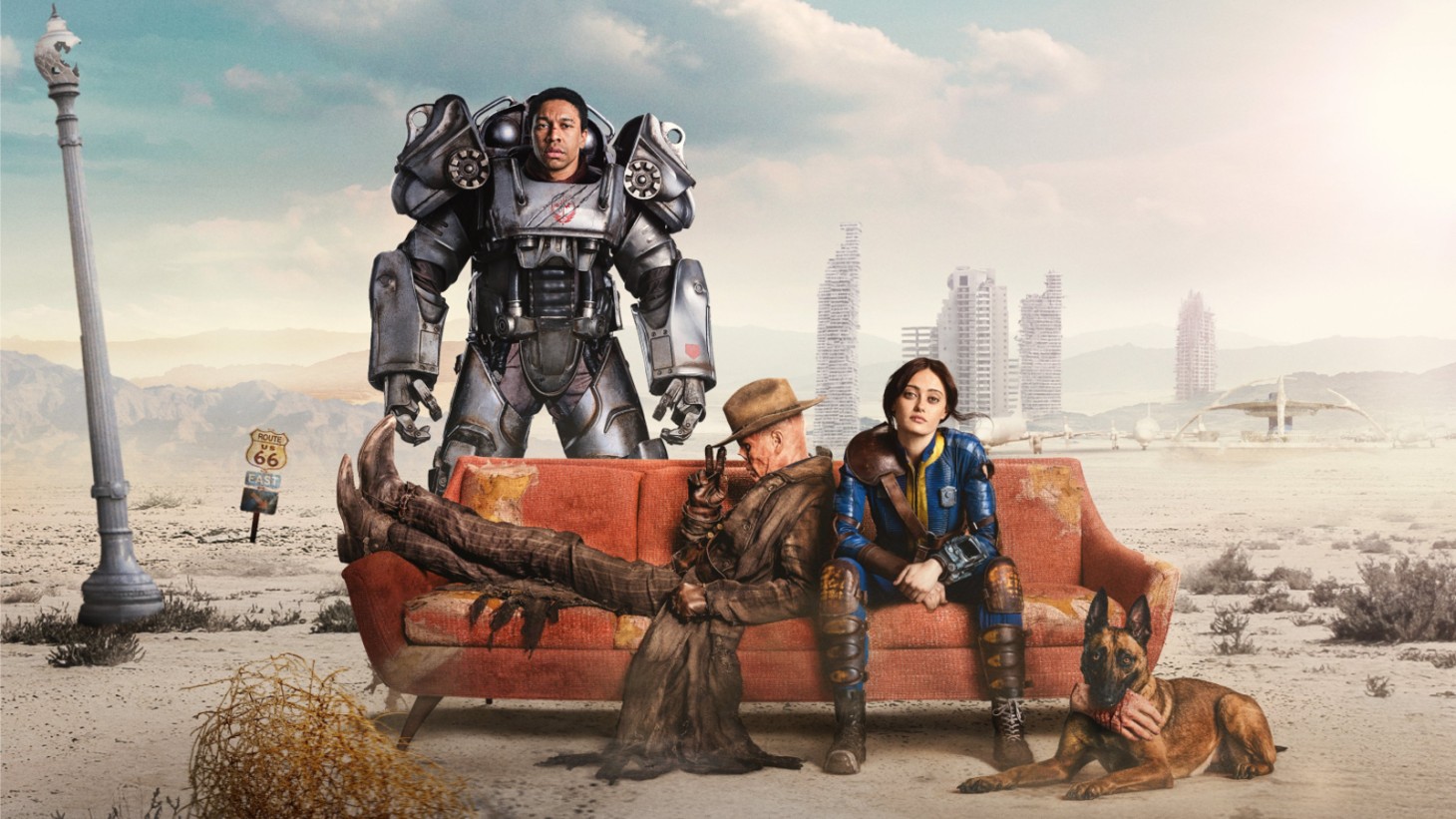
If you’ve played video games or at least have friends who do so, chances are you’ve heard about “Fallout”, the games series originally created by Interplay Productions/Entertainment, Black Isle Studios, and later by Bethesda. Set in a retro futuristic post-apocalyptic America after a devastating nuclear holocaust, “Fallout” is an RPG with a unique style known as dieselpunk.
Despite their games’ success, Interplay struggled financially for years, and eventually “Fallout” was sold to its current owners, Bethesda. Fast forward to today, and Bethesda has released multiple successful Fallout titles, which has led to the creation of Amazon’s Fallout series. ***Be warned, there are massive spoilers ahead.***
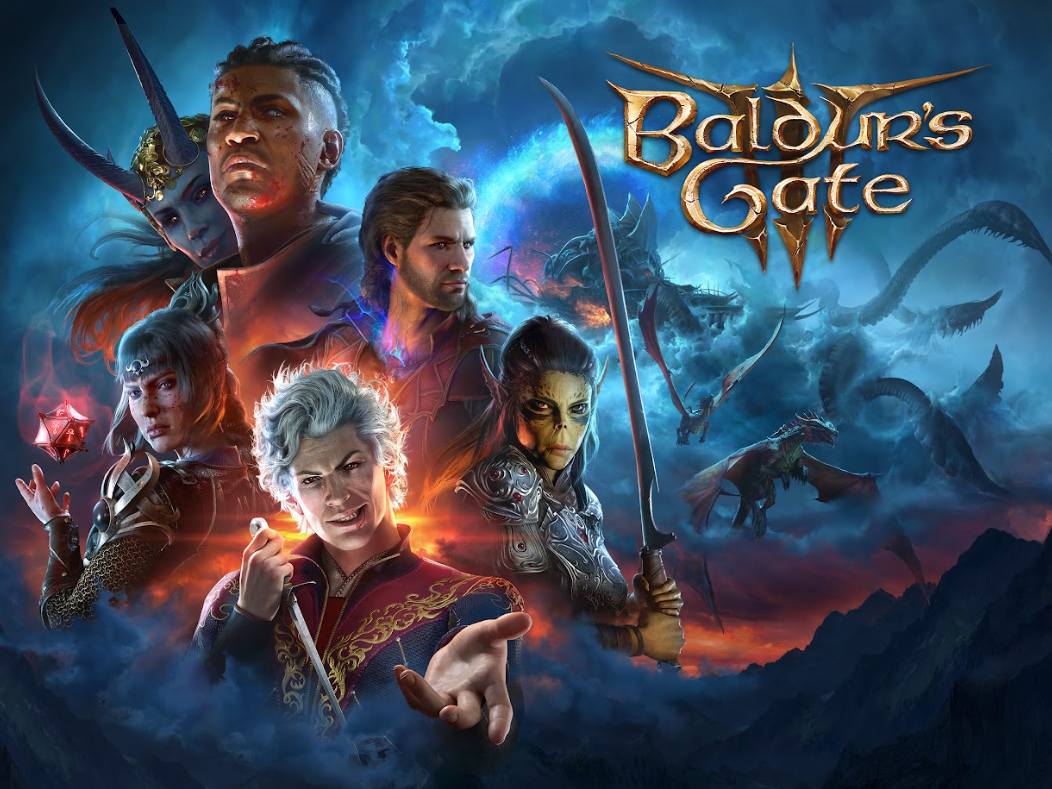
Have you ever wanted to play a game that lets you unleash torrents of magical destruction? Or do you simply wish to have conversations with dogs and skeletons alike? If that calls to you, consider playing “Baldur’s Gate 3”. “Baldur’s Gate 3” is a computer role-playing game (or CRPG for short), that allows you to adventure in the land known as the Forgotten Realms.
To those who may be unfamiliar with the genre, CRPGs are RPGs made originally for PCs and home computers. They’re designed a certain way with emphasis on intricate storylines and a simple yet effective gameplay style.

Music has always been a strong platform for people to express their emotions and their beliefs about a particular situation or simply about whatever’s on their mind. A lot of thought is put into how a song is made, and as a result, everyone has a different interpretation of its message.
For example, Creep by Radiohead, to some listeners, is about a young man who has low self-esteem and has fallen in love with someone whom he considers way out of his league. For others however, the song is about said young man struggling against his own self-loathing and depression as he feels outshined by a peer.
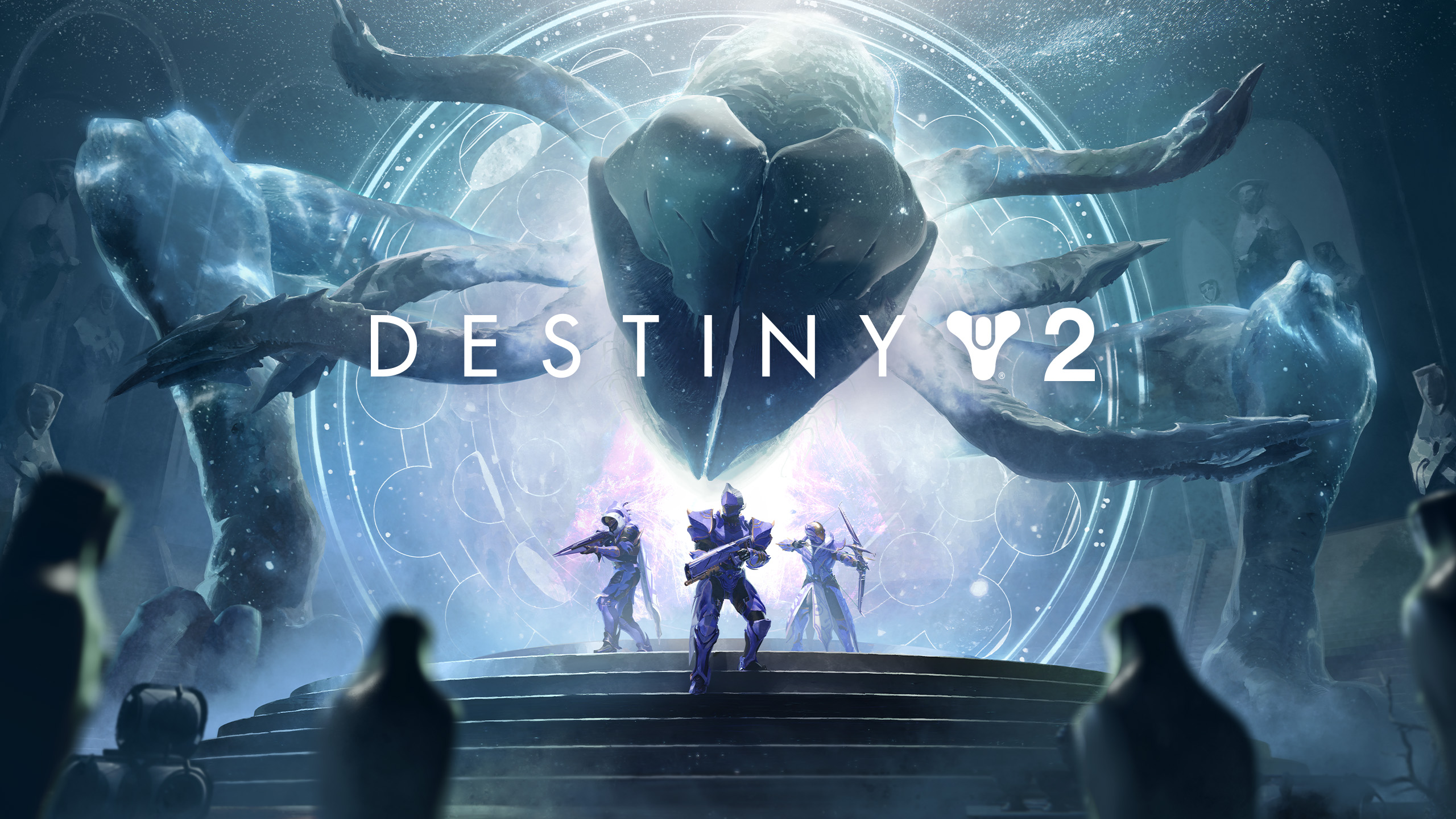
Video games have existed for decades and have quickly become a source of entertainment for people of all ages across the globe. Unfortunately with popularity, comes an increased rise in commercialization. In the case of video games, this commercialization comes in the form of many things, but microtransactions are the most prevalent.
Microtransactions are small in-game purchases that give the player either cosmetics and/or other content like level up packages or, on rare occasions, loot. They cost actual money, and oftentimes use an in-game currency as a go between. (Note that I said small in-game purchases.)
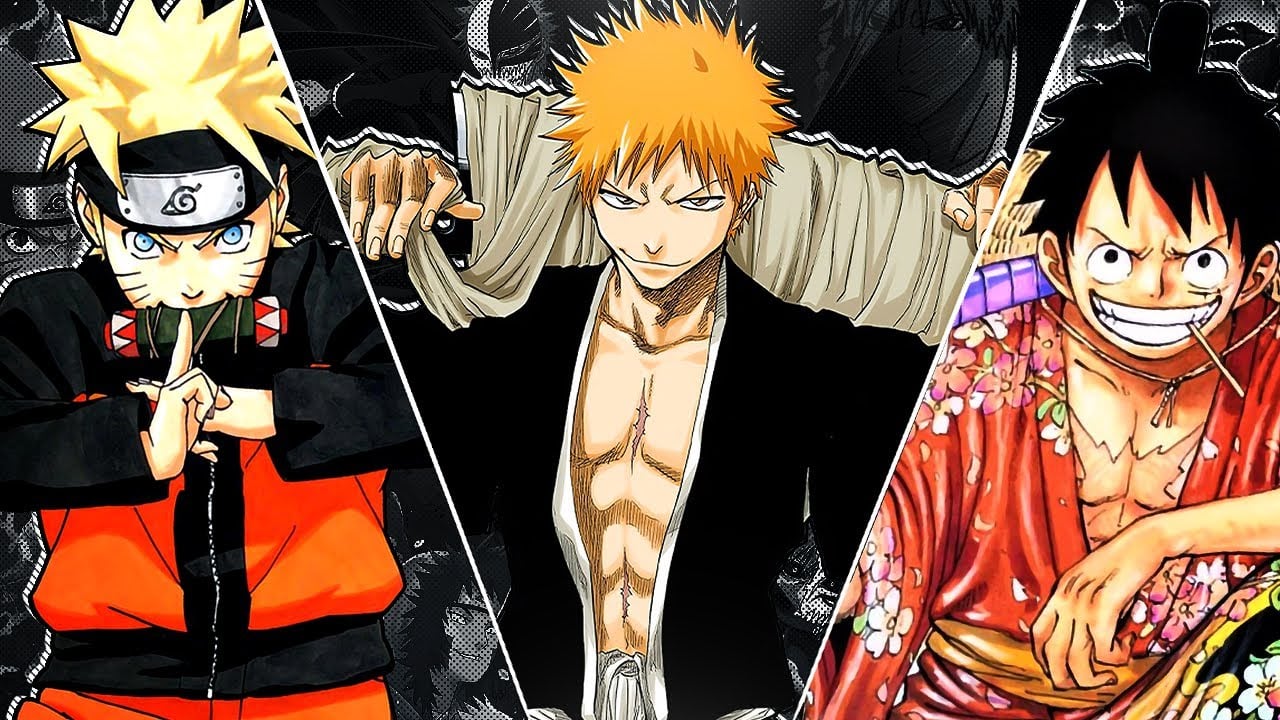
Many anime fans can find it awkward talking about the genre due to some of its more toxic fans. Places like the main anime subreddit, r/Anime, often shows droves of users ranting about censorship of sexual content at every turn, even if it’s merely reducing the visibility of a female character’s undergarments.
Often it’s difficult for a more relaxed or “casual” fan to speak about it with others because of the large amount of overtly inappropriate content that somehow permeates almost every anime out there.
